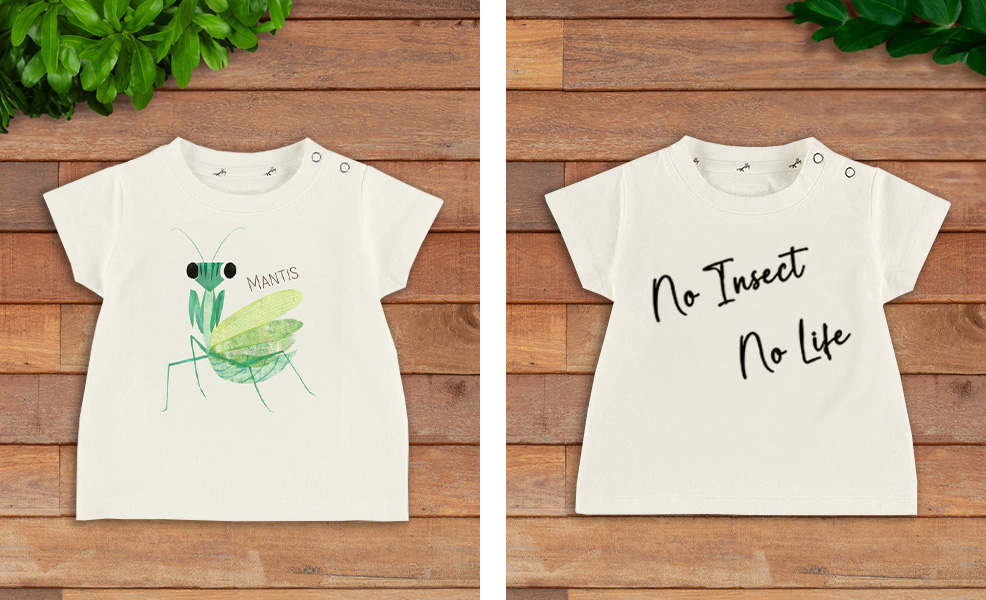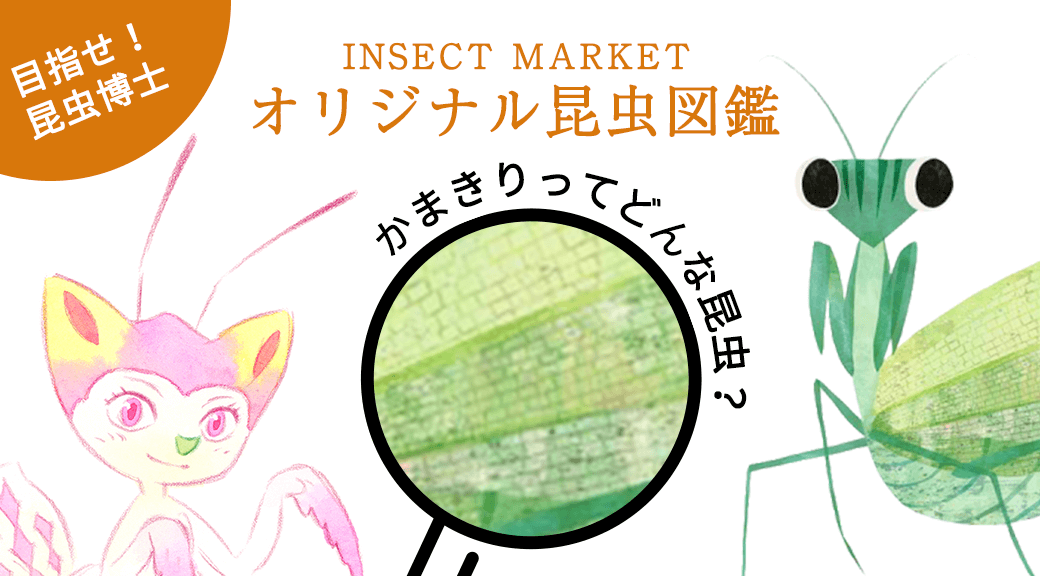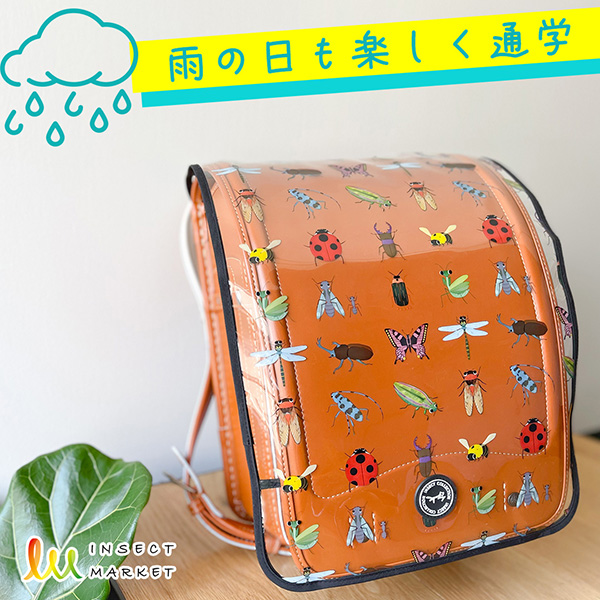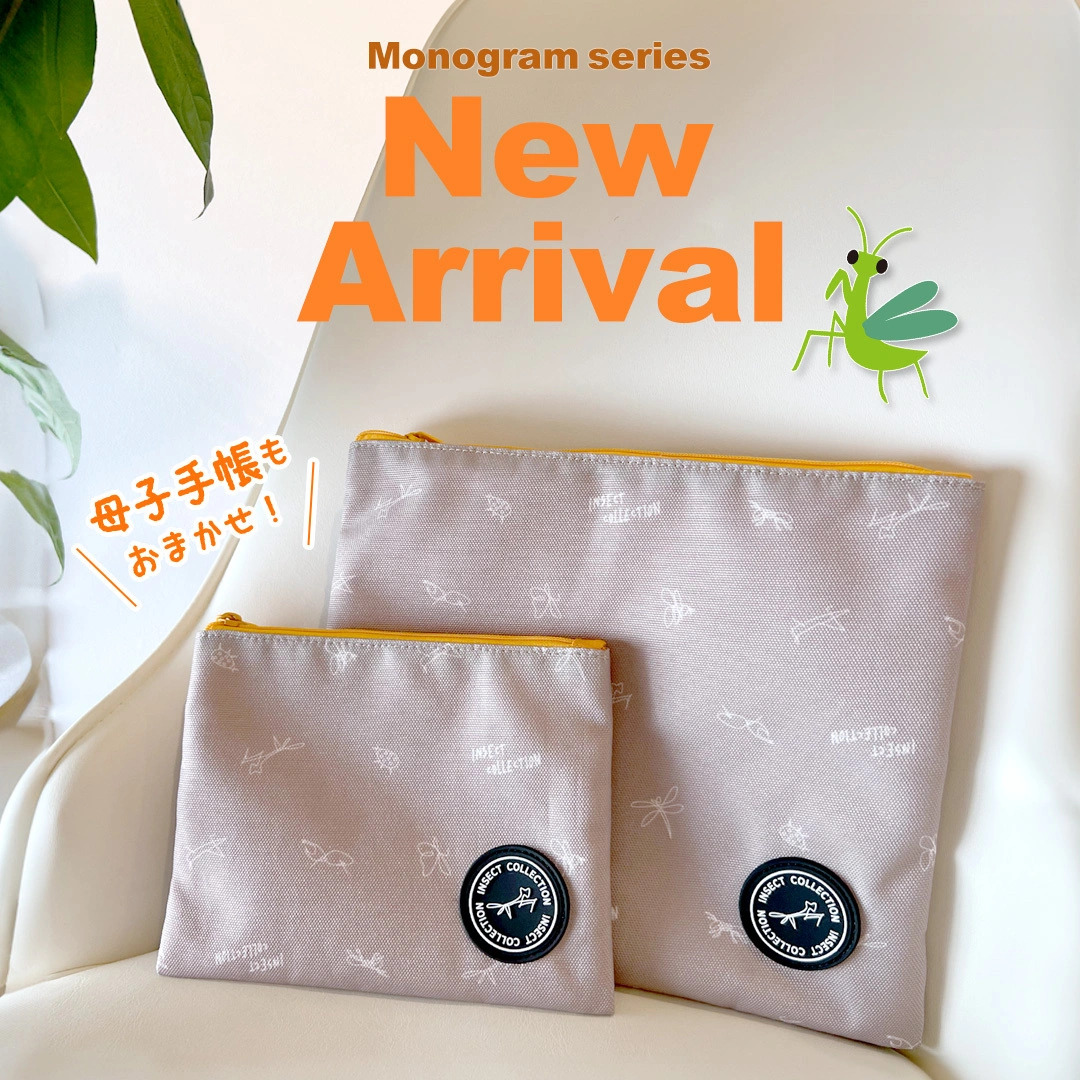What are the social issues behind the strengthening of traditional culture education in Japan?
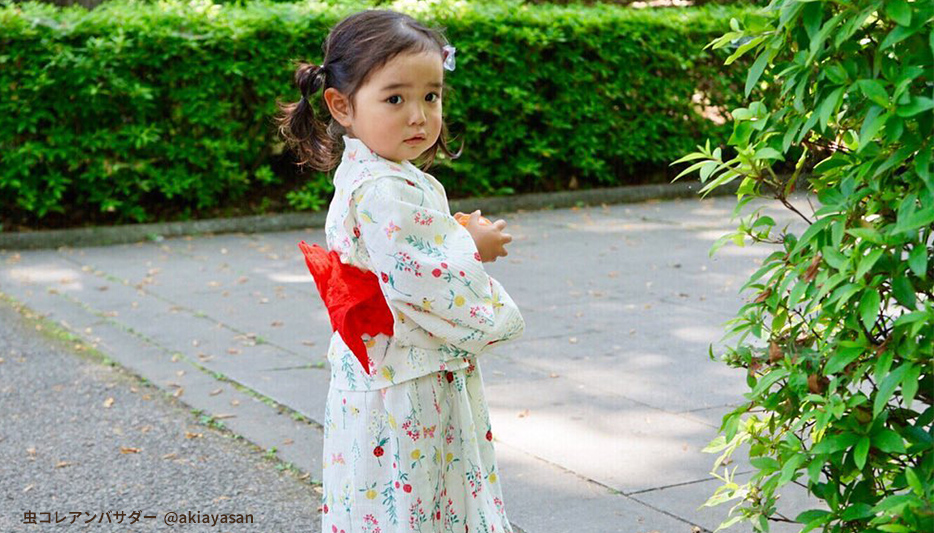
A culture that values the harmony of Japan that is transmitted to the region.
Kabuki and kimonos are also characterized by the fashions of the era, and the more you know, the more attractive they become.
From the Point of View of SDGs, real kimonos are the forerunners of ethical wear in Japan.
Even if it was passed down for generations and it was not possible to wear it, it was sewn together, it was made a remake, it became a rag, and it became the fertile ness of the earth at the end because of the natural material.
The new course of study is based on programming learning and foreign language learning, as well aslearning about Japanese traditions and cultures nurtured by the country and the local community through “traditional and cultural education.”
“♪ to teach children a wonderful Japanese culture at school.”
I think that there is papa mama who thought that it was pleased, too.
However, it may be necessary for parents to deepen their awareness and link to school education, as a guardian, that the reason why this traditional and cultural education was incorporated in the course of study is also behind social issues.
Amid the recent depopulation, rapid declining birthrate and aging population, and changes in lifestyles, various traditional cultures that have been protected and passed down in each region are now at risk of extinction.
Traditional culture without successors will not be inherited in the next era.
“It’s because there’s no need. Do you think so?
I talked about the nuances of global education and international education.
[blogcard url=”https://insect.market/blog/media/overseas-creators/”]
The field that is good for society by measuring and competing by the world unification standard spreads further by the spread of IT, and globalization accelerates.
However, if it is an international spirit to respect the history and culture of each country and to mutually recognize and enhance the wonders of each country, the disappearance of japan’s important identity (individuality) is not beneficial for international communication and the future of children, and the above-mentioned needs should potentially exist.
Insect Collection is also developing yukata and Jinbei of insect pattern sein that can easily incorporate Japanese culture.
[blogcard url=”https://insect.market/shopdetail/000000000538/”]
In the cool material of charcoal gray, a large set of phosphorescent fireflies shining in the dark!
It is a new work Jinbei of the impact large.
[blogcard url=”https://insect.market/shopdetail/000000000234/”]
How to tie the belt is a rubber belt that can be dressed beautifully by the child even if it is difficult.
It is yukata of 2WAY type that can be used everyday as a sundress.
[blogcard url=”https://insect.market/shopdetail/000000000233/”]
The most popular kama-yaki-kun is scattered innumerably, the cool jinbei of the white base.
It is an item that the feeling rises as not only a festival but also a room clothes.
I hope that children will share the importance of inheriting traditional culture and incorporate it into family communication.


